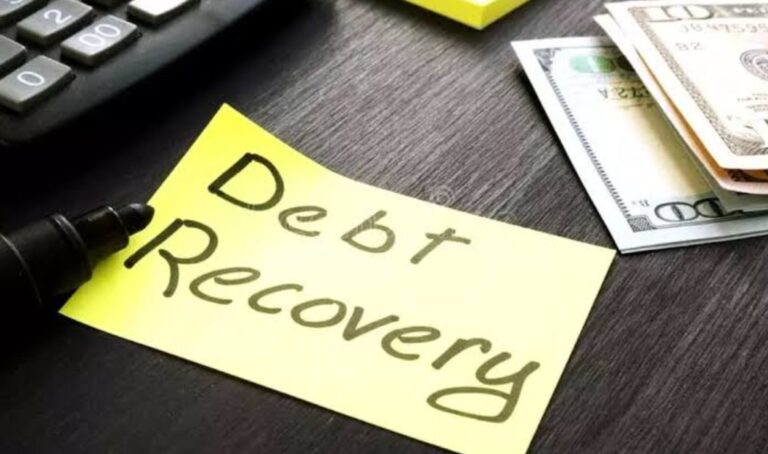Introduction
It is common for individuals to lend money to friends, relatives, or acquaintances in good faith without executing any formal agreement or written acknowledgment. However, problems arise when the borrower refuses to repay, and the lender finds himself without direct proof of the loan transaction. Although the absence of written evidence makes the case weaker, Indian law does not close the doors for recovery. Courts recognize oral agreements, circumstantial proof, and subsequent acknowledgments. With the right strategy, a lender can still establish the claim and initiate legal action for recovery.
1. Oral Evidence and Law
Under the Indian Evidence Act, oral testimony of the lender is admissible in court. However, in the absence of supporting proof, it may be treated as weak evidence, especially if the borrower denies the loan. Courts generally prefer corroboration in the form of documents, witnesses, or electronic records to support such claims.
2. Practical Steps to Create Supporting Evidence
- Written Acknowledgment
Request the borrower to provide even a simple note, promissory note, or SMS/WhatsApp message acknowledging the loan and promising repayment. This small step can significantly strengthen your case. - Witness Testimony
If someone was present during the loan transaction or during subsequent discussions, their testimony can serve as strong corroborative evidence. - Bank Statement Trail
If you withdrew cash from your account close to the date of lending, keep the bank statement. While not conclusive proof, it supports your version of events. - Legal Notice
Send a formal demand notice through an advocate. If the borrower replies admitting liability, it becomes documentary evidence. Even silence in response can be used against him during trial. - Electronic Records
Recordings of phone calls, video conversations, or chat messages where the borrower admits the loan are admissible in court if shown to be genuine. - Post-dated Cheque or Security
Persuade the borrower to issue a cheque or sign a promissory note as “security.” A dishonored cheque gives you a strong remedy under Section 138 of the Negotiable Instruments Act.
3. Legal Remedies Available
- Civil Suit for Recovery of Money
You can file a money recovery suit under the Civil Procedure Code before the appropriate civil court having jurisdiction. - Criminal Complaint (if cheating is evident)
If it can be proved that the borrower never intended to repay and took money with fraudulent intention, a complaint under Section 420 IPC may also be filed. - Cheque Bounce Proceedings
If a cheque is given towards repayment and it bounces, a complaint under Section 138 NI Act provides both civil and criminal remedies.
Conclusion
While lending money without written evidence puts the lender in a weaker position, the law still provides avenues for recovery. Oral testimony, indirect evidence, witness statements, and electronic communications can together establish the existence of the loan. The best course of action is to create supporting evidence at the earliest and proceed with a legal notice followed by a civil suit if repayment is not made. Acting promptly and strategically can maximize the chances of successful recovery.
